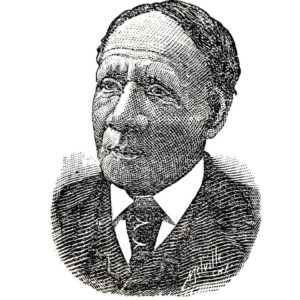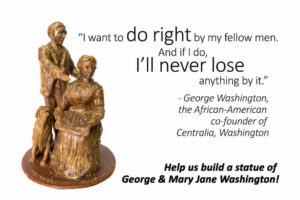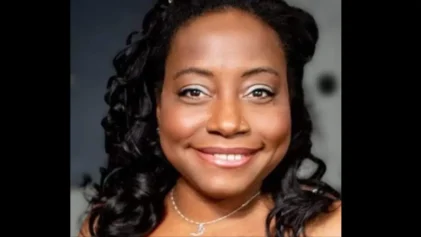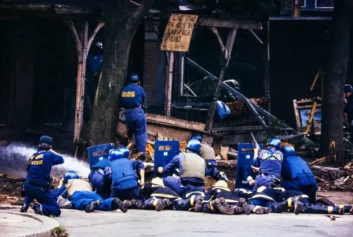
George Washington was 88 when he died in 1905. (WA/Facebook)
Centralia, Wash. residents are looking to honor their founder with a bronze statue in his likeness. George Washington, the son of an enslaved Black man and a white woman, established the southeast Washington city in 1875, according to HistoryLink.org. As part of a year-long celebration of the 200th anniversary of his birth, newspaper columnist Brian Mittge established a GoFundMe campaign to collect funds for a monument to Washington and his wife Mary Jane. Since Sept. 18, they’ve raised $25,000 of their $100,000 goal. The hope is that the statue will be dedicated on Aug. 11, 2018.
Mittge serves as the co-founder of the George Washington Bicentennial Committee, and he told KOIN 6 that Centralia is the largest American community founded by a Black couple. The spouses initially founded the town as Centerville but changed the name to Centralia to avoid confusion with another town.
“George Washington was a remarkable figure in Northwest pioneer history, and I think he’s a major part of the American story,” Mittge said in a statement to Atlanta Black Star. “A century [after his death], many of us are inspired by George’s character and his accomplishments. We think his story is important and inspiring. We want the world to know about this great man, whose accomplishments created a town that lives on and aims to carry forward his legacy of service, strength and generosity.”
“George’s motto was ‘peace and plenty’ and he wanted to create a town where people who would work hard and honorably could thrive,” he said.

Mittge told the news site Washington owned much of the land in the area and would donate some to a church and a park. The pioneer built his wealth of an estimated $4 million (in today’s currency) by opening a sawmill, land sales and other ventures. He also would not foreclose on homes on which he held mortgages.
Recognizing Black History-Makers
Monumental Man: Martyred Activist Catto at Last Memorialized by Statue in Philadelphia
South Carolina: Call For a Monument to Honor Black Civil War Hero
Statue of Martin Luther King Jr. Rises as Monuments of Civil War Confederates Fall In the South
“He would say, ‘No, that’s fine. Stay here. We will work it out. If you can’t pay me right now, that’s OK, pay me when you can,’ ” Mittge said. “And he would bring up loads of bacon and flour and rice from Portland to feed his people.”
But that doesn’t mean all was harmonious in Centralia. As to be expected, Washington encountered racism. One tale says a Southern man moved to town and built a high fence between his home and Washington’s because he didn’t want to associate with a Black man, according to the Yakima Herald. Supposedly, Washington helped the man come around. Yet another story said that when a friend came to help Washington after he was poisoned, the founder said his blackness gave him a lot of enemies.
Such prejudice still exists in the city, which middle school guidance counselor Sarah Stone can attest to. She was told to “Go back to Africa, n—-!’ following the election last year.
“Maybe with the statue, maybe it will start to change the local dialogue,” Stone told the newspaper. “Or at least shift the community mindset and thinking by remembering. But who knows. History isn’t comfortable.”


